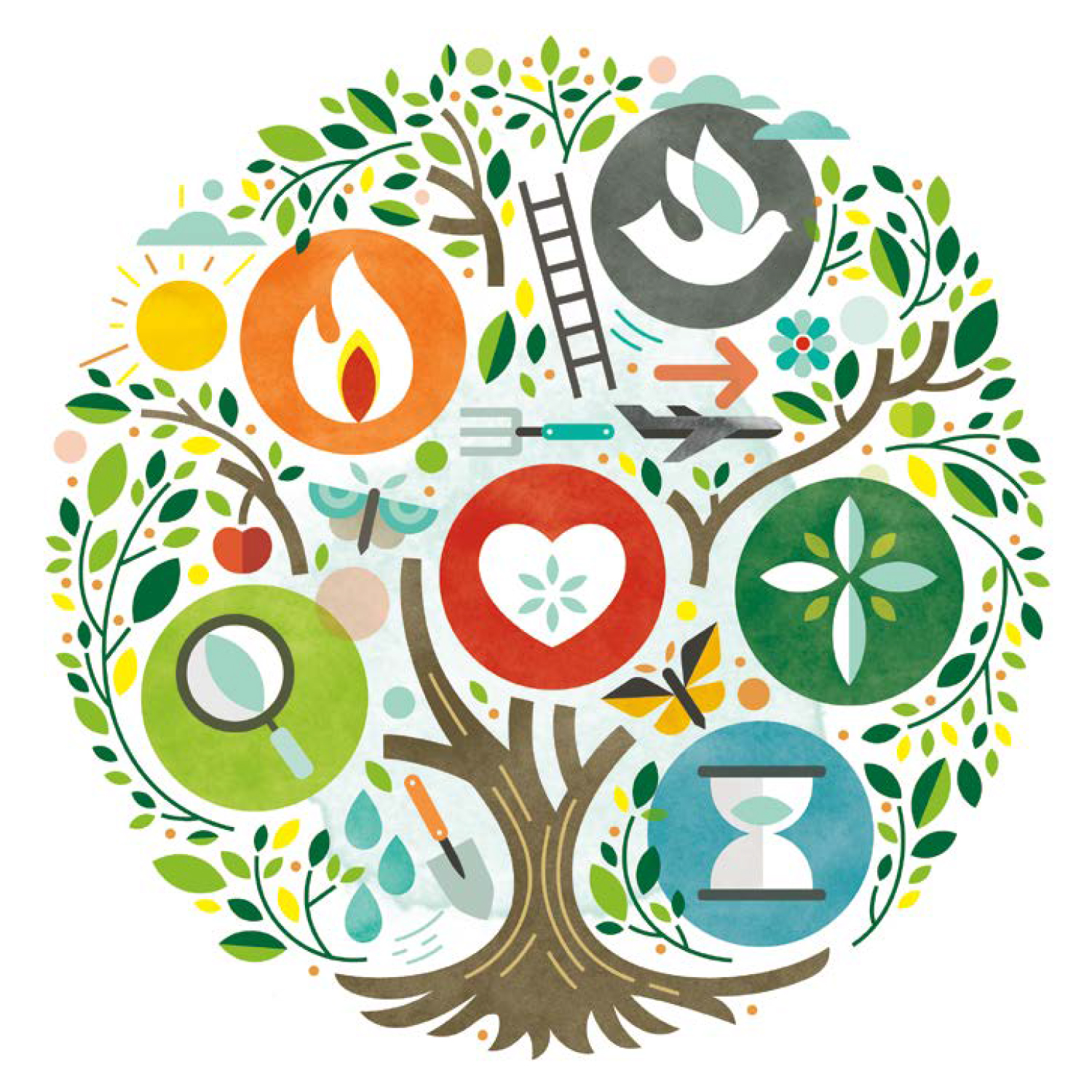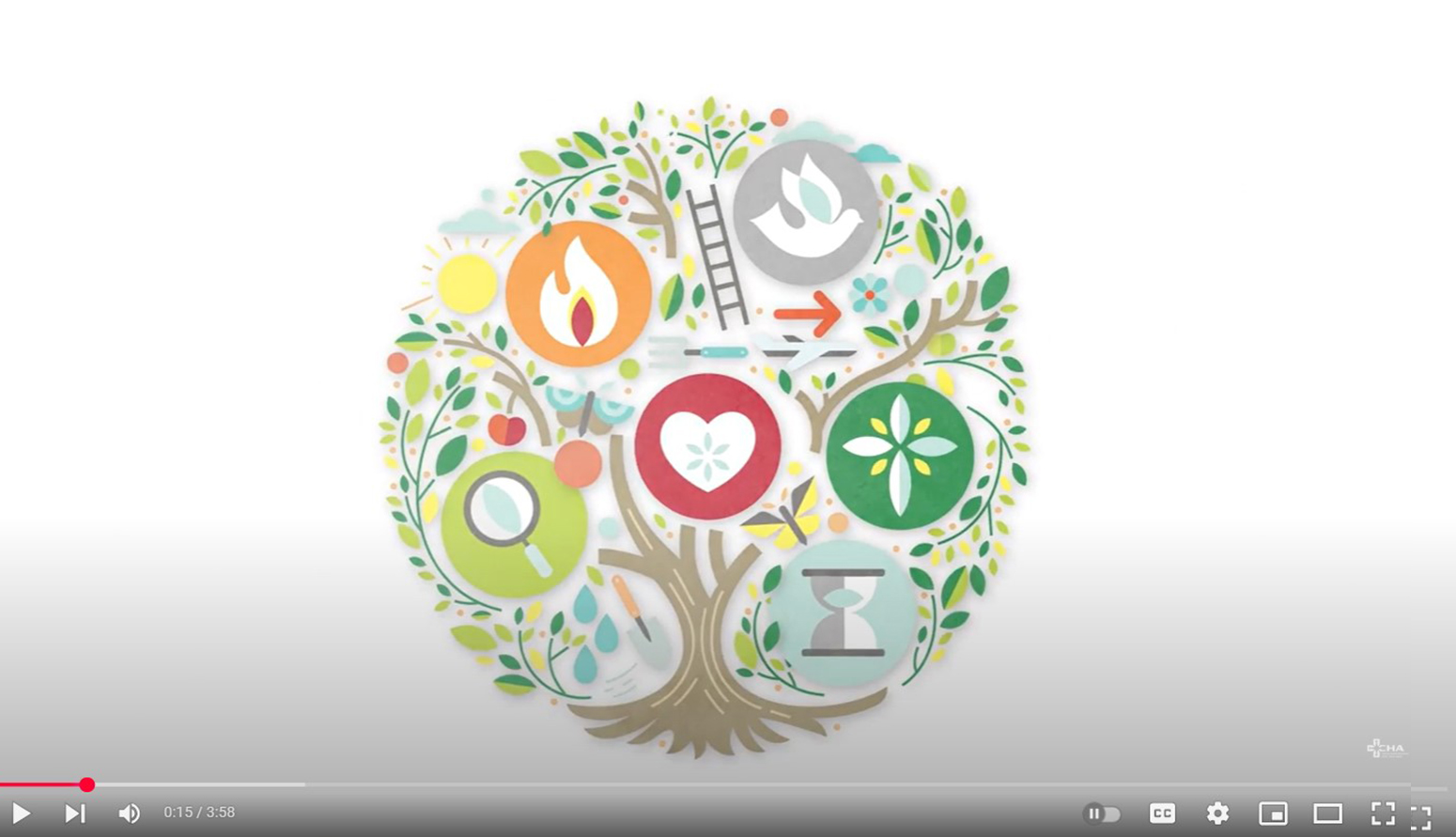Guiding Principles for Conducting Global Health Activities

Additional Guiding Principles Resources

A Modern Day Parable
An Adaptation of Matthew 13:1–23, Mark 4:3–20, Luke 8:4–15, The Parable of the Sowing By Michael Rozier, SJ
.jpg?sfvrsn=b72c59ab_1)
A Reflection Guide for International Health Activities
This booklet is a resource for persons selected as volunteers for mission trips to low- and middle-income countries to help them reflect on the overall experience. Designed for individual or group use, its contents lead users through discerning participation, preparation for a trip, arrival, the days of the experience, leaving, re-entering normal life and remembering and remaining rooted in the experience. Each of its six sections includes questions for reflection, spiritual exercises, sources for additional information and inspirational quotes and poems. It also includes plenty of journaling.
Share with your Board, Executive Team and Associates
So that you can easily facilitate an educational session with executive teams, boards or associates, CHA has developed two facilitation processes.
» A 10-15 minute process for boards and executive teams
» A longer session that is perfect for those who participate in international outreach programs and activities






